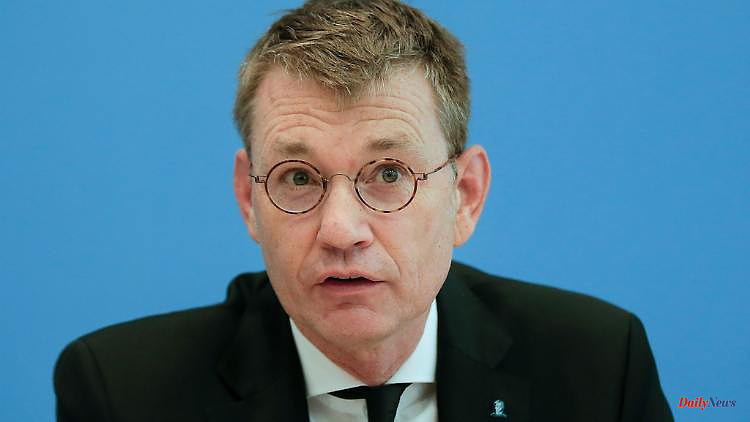Frankfurt/Main (dpa/lhe) - According to the head of the Frankfurt University Hospital, hospitals will have to specialize more in the future - at the expense of accessibility. "It is neither financially feasible nor affordable to have everything available in the same quality everywhere," said the medical director of Hesse's largest hospital, Prof. Jürgen Graf.
The state supports the health care system with amounts in the double-digit billions every year, that cannot be the way to go in the long run, the health care system must be reformed. According to Graf, three points are necessary: define the need better, set quality criteria and make better use of technical possibilities. With IT-supported systems, the supply can also be made location-independent.
This is particularly necessary for rare services, said Graf: "We will have to think about who can offer which specialization in which form and at which location." For patients, this may mean further avenues, but the quality will be better. In order to be able to carry out rare interventions well and safely, you need enough doctors with sufficient knowledge and experience.
Under certain circumstances, this means the end of one or the other "hospital around the corner, which you never go to because when in doubt you go to the specialized center in the next big city - but which you still don't want to give up under any circumstances". "Maintaining vested interests" is one of the major obstacles to reform. These hospitals could continue to operate as medical centers - for follow-up treatment, for example - but would need significantly fewer resources than a fully equipped clinic.
According to Graf, there is also a need for reform when it comes to access to medical services: "We have to think about how easy access to the health system can be." The guiding principle must be: "Everyone gets what is necessary - but no more." According to an OECD study, people in Germany went to the doctor much more often than in other countries. Not all of these visits are necessary. "Every supply creates demand."












